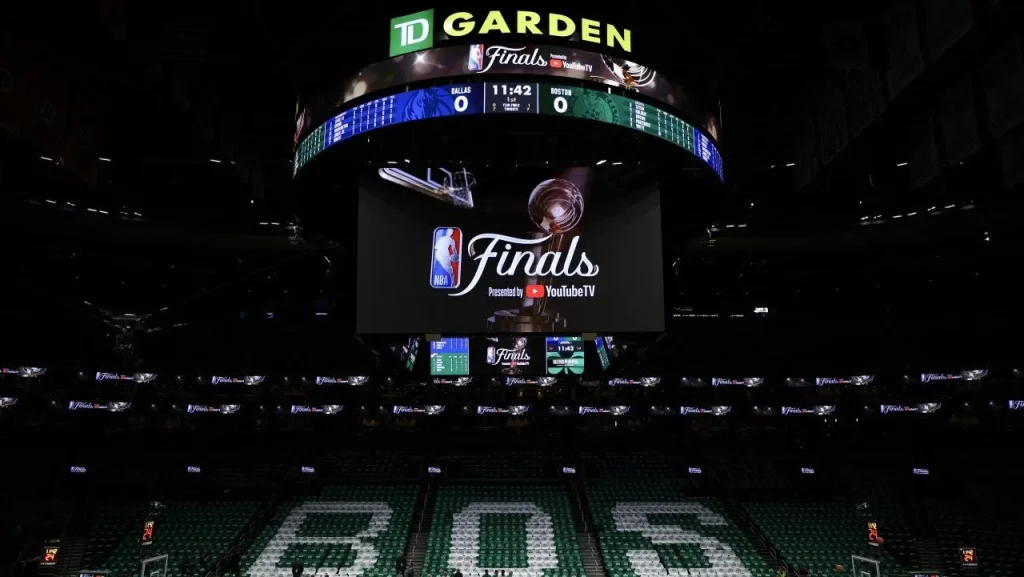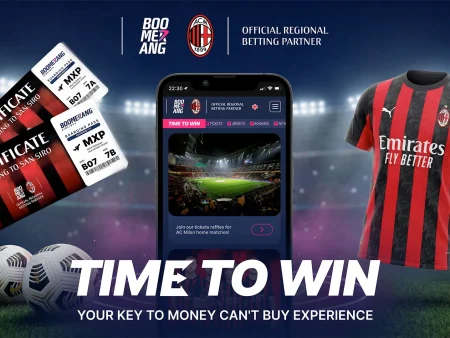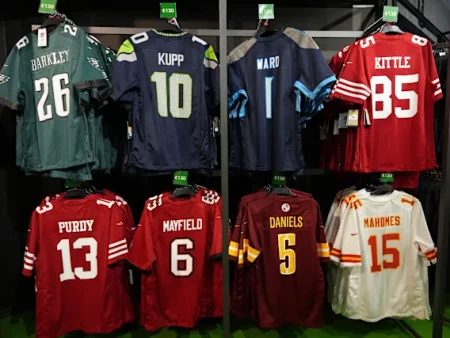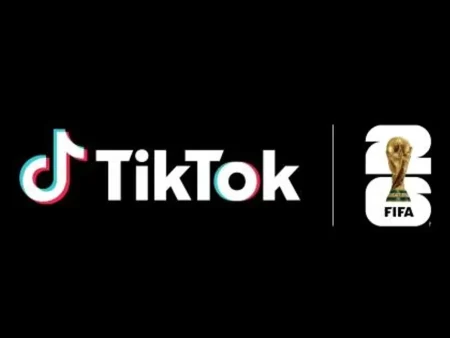The US CFTC, or Commodity Futures Trading Commission, is facing growing scrutiny. Academics and sports leagues have raised concerns following the NBA‘s letter about sports event contracts on May 1.

Addressed to Caroline Pham, CFTC Chair, the league’s letter highlighted the quick expansion of these markets. It also pointed out the potential risks they pose to the integrity of the sport. The NBA called for greater regulation and oversight to make sure that these markets do not undermine the game.
Sports prediction markets let people to wager on the outcomes of sports events, like predicting the winner of a game. Nevertheless, these contracts operate under financial regulations instead of state gaming laws, unlike traditional sports betting.
States like Nevada and New Jersey have already taken action against contract providers such as Kalshi and Robinhood. However, these companies argue that the states are overstepping their authority. They claim that states are infringing on the exclusive right of the federal government to regulate futures derivatives trading on exchanges.
The NBA has stated that the potential risks to integrity remain similar. This is true even if prediction markets are not classified as sports gambling. Wagering on sports can lead to match-fixing and manipulation is one of the main concerns.
A previous case of this involved Jontay Porter. After being found guilty of manipulating matches to influence betting outcomes, he was banned from the NBA for life. Recently, Porter pleaded guilty to allegations. He exited games early to ensure certain bets on his performance would win.
As of today, providers only offers markets on single games, as well as season outcomes. Nonetheless, the NBA has stated that the rapid expansion of available markets is a concern. It indicates that player proposition markets—such as those focused on a single-game performance—are emerging. Other potential markets, like those centered on officiating decisions, league rules, or player injuries, are not far behind.


